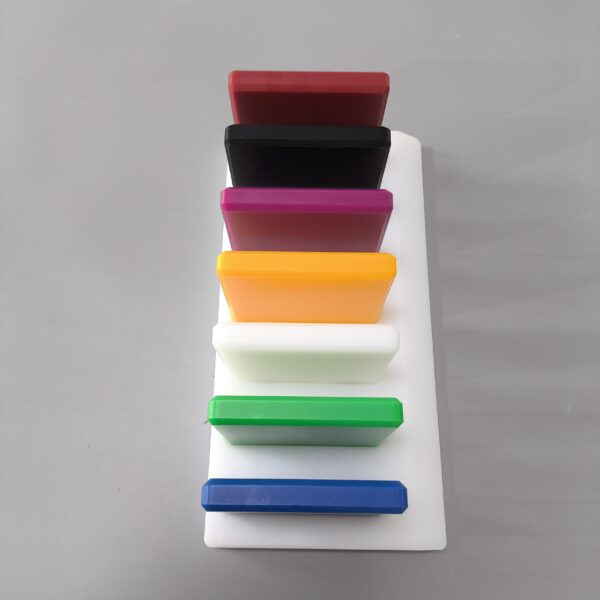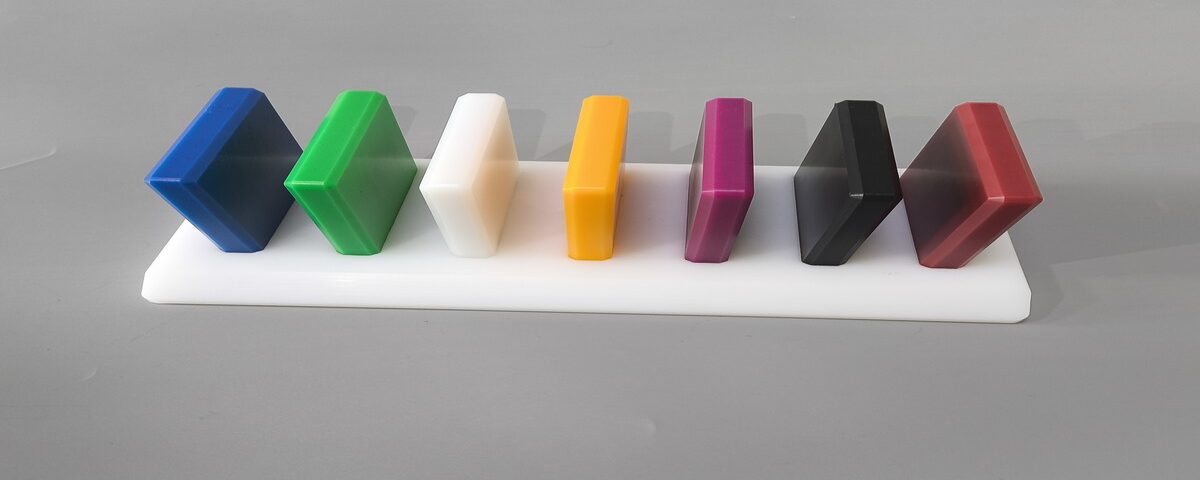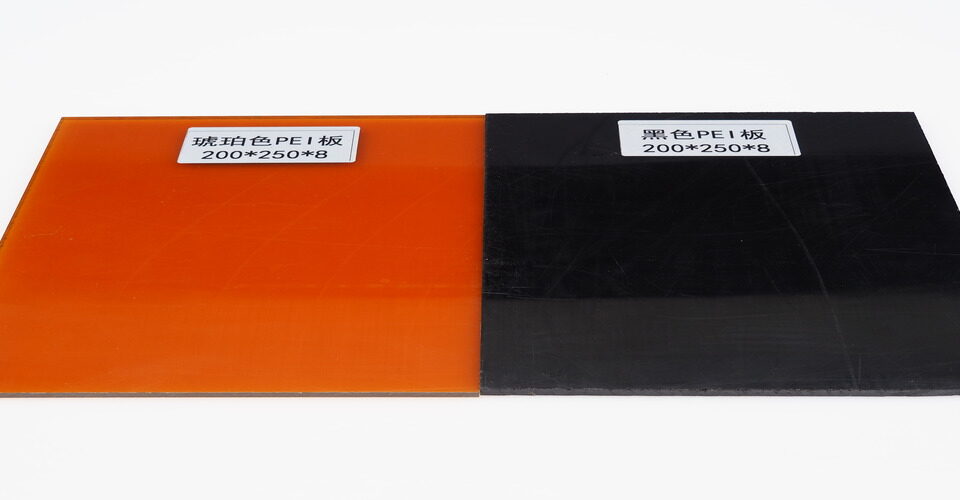
where we use upe plastic material?
February 20, 2025
What are the properties of PE Plastic?
February 20, 2025High-Density Polyethylene (HDPE) is one of the most widely used plastics. Known for its durability and versatility, HDPE exhibits a variety of properties that make it suitable for numerous applications. Below are the key properties of HDPE plastic:
1. Strength and Durability
- High Tensile Strength: HDPE has a high strength-to-density ratio, making it resistant to physical stress and wear.
- Impact Resistance: It is highly resistant to impacts, making it suitable for tough environments.

2. Chemical Resistance
- Resistant to Acids and Bases: HDPE is resistant to a wide range of chemicals, including acids, alkalis, and alcohols, making it ideal for containers and pipelines.
- Non-Reactive: It does not react with food, water, or common chemicals, making it a safe material for packaging and industrial use.
3. Moisture Resistance
- Water-Resistant: HDPE is non-porous and resists water absorption, which helps maintain its structural integrity in wet conditions.
- Low Water Absorption: Its low absorption of moisture makes it a good choice for outdoor and marine applications.
4. UV Resistance
- Resistant to UV Degradation: HDPE can withstand prolonged exposure to sunlight without degrading, although additives may be used to further enhance UV resistance.
5. Lightweight
- Easy to Handle: HDPE is relatively lightweight compared to other materials like metals or glass, making it easier to transport and handle.
- Cost-Effective: Its low weight helps reduce shipping and production costs.
6. Recyclability
- Environmentally Friendly: HDPE is recyclable and can be reused to make new products, helping to reduce plastic waste.






